On December 20, 1996, Apple bought itself the best Christmas present ever. It was Jobs' "truc company" NeXT, which the co-founder of Apple founded after his departure from the company in the mid-eighties of the last century.
The buyout of NeXT cost Apple $429 million. It was not exactly the lowest price, and it might seem that Apple could not afford it very much in its situation. But with NeXT, the Cupertino company got a bonus in the form of the return of Steve Jobs - and that was the real win.
"I'm not just buying software, I'm buying Steve."
The above-mentioned sentence was said by the then CEO of Apple, Gil Amelio. As part of the deal, Jobs received 1,5 million Apple shares. Amelio originally counted on Jobs as a creative force, but less than a year after his return, Steve became the director of the company again and Amelio left Apple. But in reality, Jobs' return to the leadership position was something that most people expected and waited for. But Steve worked as a consultant in the company for a long time and didn't even have a contract.
Jobs' return to Apple laid a solid foundation for one of the most spectacular comebacks in corporate history. But the acquisition of NeXT was also a huge step into the unknown for Apple. The Cupertino company was teetering on the edge of bankruptcy and its future was very uncertain. The price of its shares was 1992 dollars in 60, at the time of Jobs' return it was only 17 dollars.
Together with Jobs, a handful of very capable employees also came from NeXT to Apple, who played a significant role in the subsequent rise of the Cupertino company - one of them was, for example, Craig Federighi, who currently works as Apple's vice president of software engineering. With the acquisition of NeXT, Apple also got the OpenStep operating system. Since the failure of Project Copland, a functional operating system has been something Apple has sorely missed, and the Unix-based OpenStep with multitasking support has proven to be a huge boon. It is OpenStep that Apple can thank for its later Mac OS X.
It could be interest you
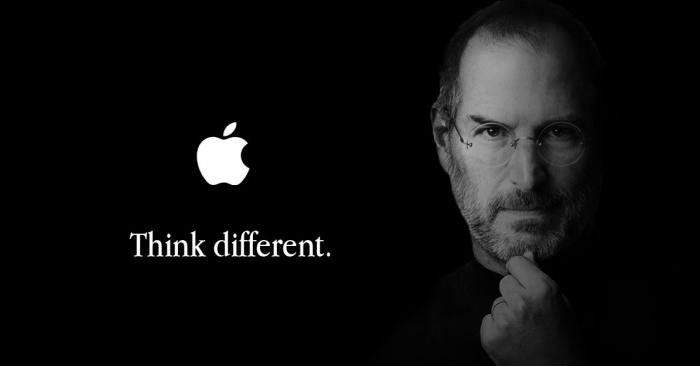
With the reinstatement of Steve Jobs, major changes did not take long. Jobs very quickly discovered which things were dragging Apple down and decided to put an end to them - for example, the Newton MessagePad. Apple slowly but surely began to prosper, and Jobs remained in his position until 2011.
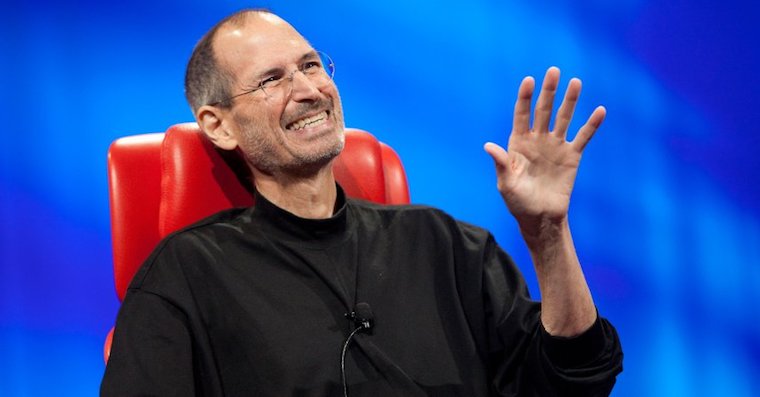
Source: Cult of Mac, Fortune
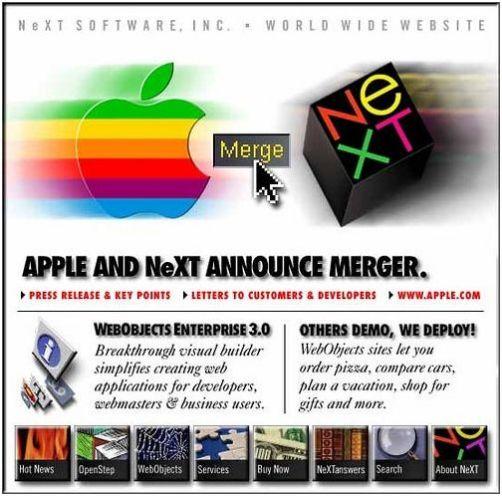
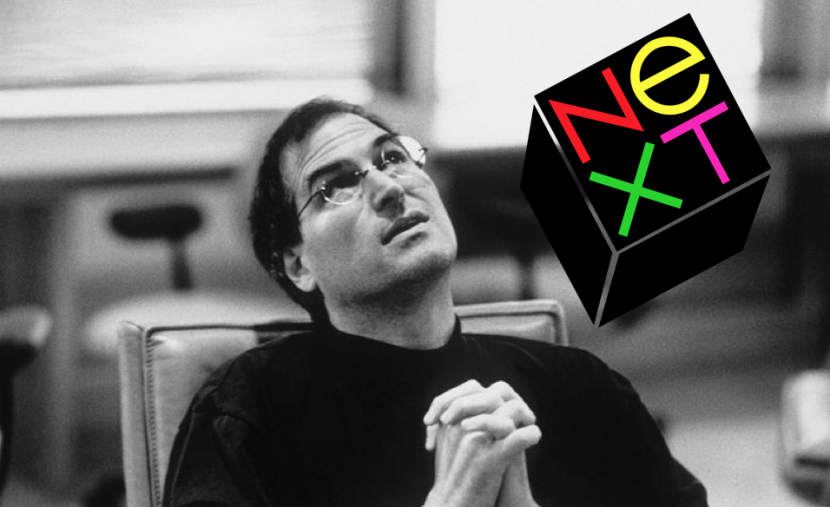
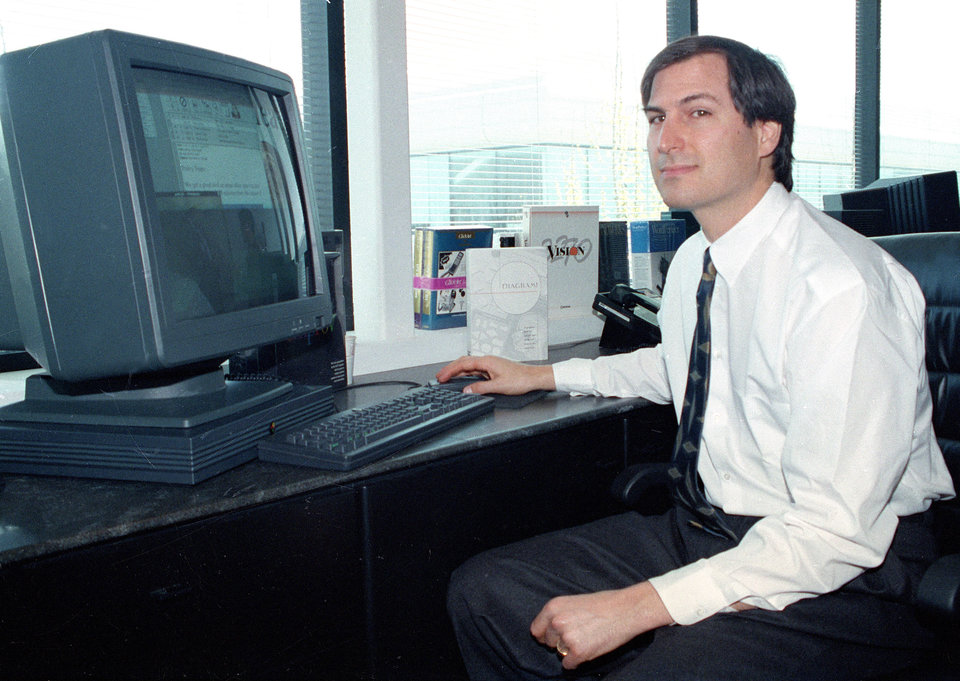
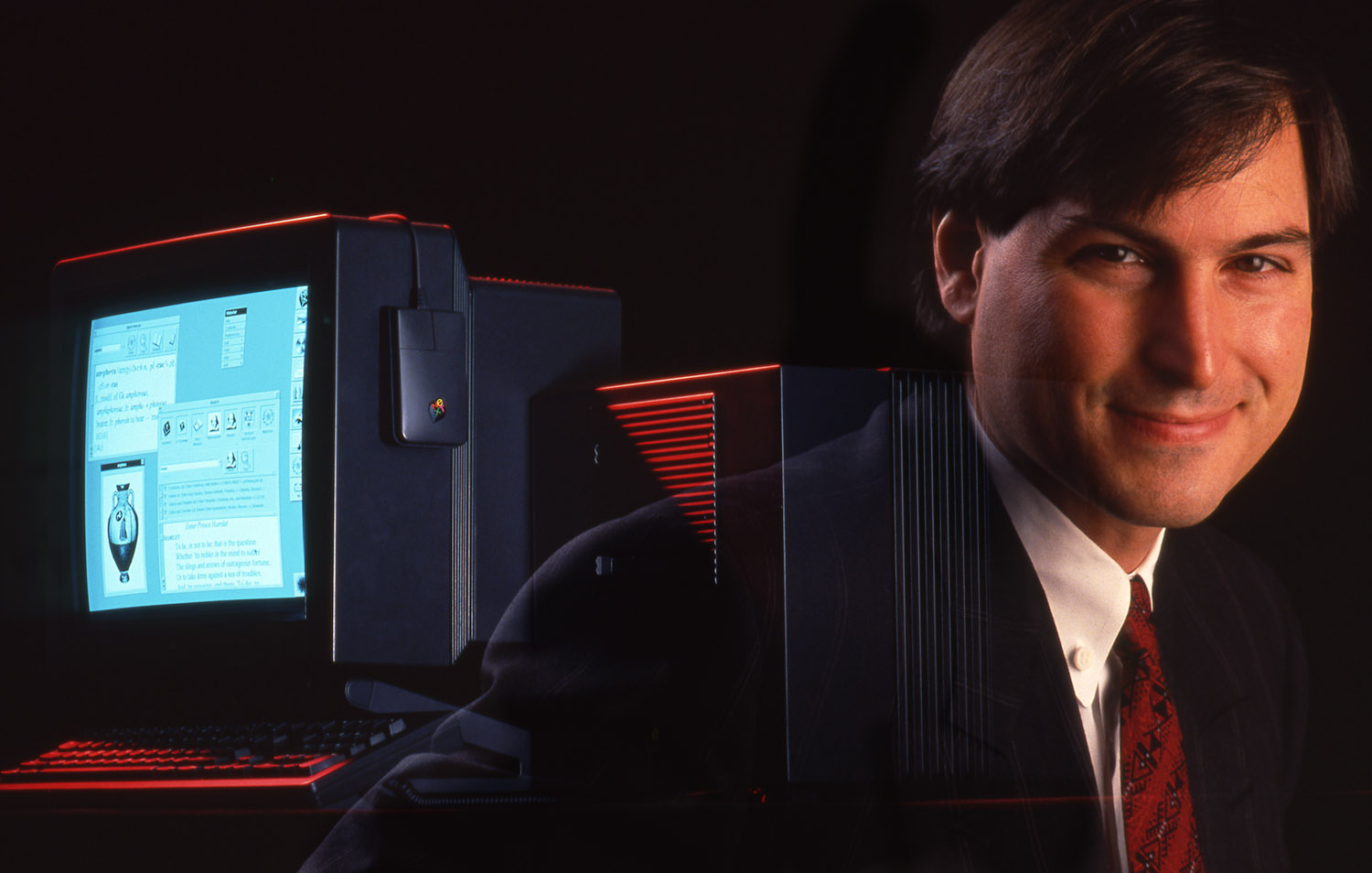
Apple would need this even today, it's a pity that it is no longer possible.